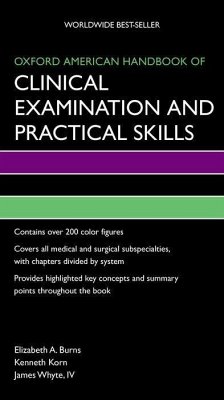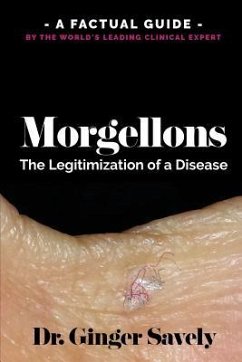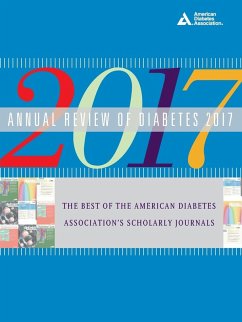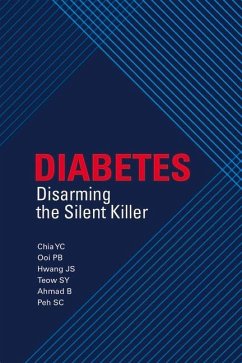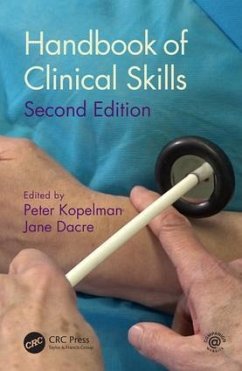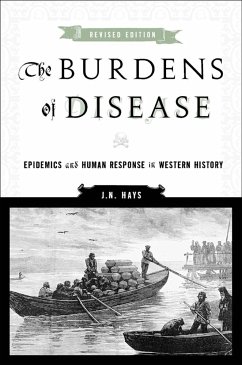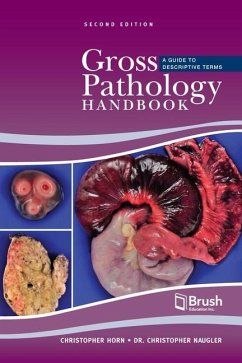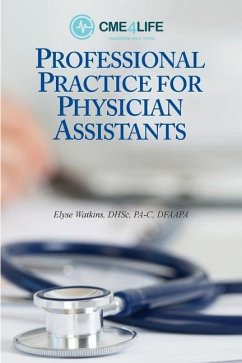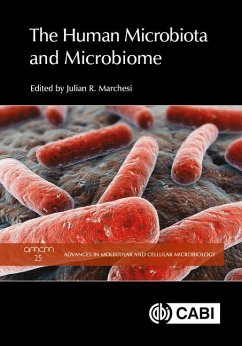
Broschiertes Buch
Practical and Professional Clinical Skills
Versandkostenfrei!
Versandfertig in über 4 Wochen

PAYBACK Punkte
32 °P sammeln!




Practical and Professional Clinical Skills sets out the full range of clinical skills that medicine students must be able to demonstrate to become effective medical professionals. Compiled by editors with expertise in clinical skills education, the book has a focus on professionalism, and on treating the patient with respect, dignity, and kindness.
Dr Vinod Patel is Associate Professor in Clinical Skills at Warwick Medical School, University of Warwick. He is also Honorary Consultant Physician in Endocrinology and Diabetes, Acute Medicine and Medical Obstetrics at the George Eliot Hospital NHS Trust in Nuneaton, Warwickshire. Whilst his specialist area of research is prevention of diabetic complications, he has a passion for clinical diabetes care. He is jointly qualified in Hospital Medicine and General Practice and has this has allowed him to work across the primary care/secondary care interface and improve effectiveness in delivery of diabetes care for the local Community. His Diabetes Care Team was instrumental in developing the "Alphabet Strategy" for patient-centred, evidence-based, multi-professional diabetes care. This preventative and treatment-orientated strategy has been taught in numerous courses and seminars across UK and at two workshops in Bahrain, which were sponsored by the UN Development Programme. John Morrissey is Honorary Associate Clinical Professor at the Medical School, University of Warwick. Prior to his retirement from clinical practice he was Clinical Lead for Diabetes at the George Eliot Hospital, Nuneaton, Warwickshire. He has also worked in acute and general internal medicine and as a general practitioner. He now works full time in undergraduate and postgraduate medical education. His main interests in medical education are clinical skills teaching, medical humanities and professionalism.
Produktdetails
- Verlag: Oxford University Press
- Seitenzahl: 632
- Erscheinungstermin: 14. November 2011
- Englisch
- Abmessung: 264mm x 193mm x 30mm
- Gewicht: 1270g
- ISBN-13: 9780199585618
- ISBN-10: 019958561X
- Artikelnr.: 33253518
Herstellerkennzeichnung
Libri GmbH
Europaallee 1
36244 Bad Hersfeld
gpsr@libri.de
Für dieses Produkt wurde noch keine Bewertung abgegeben. Wir würden uns sehr freuen, wenn du die erste Bewertung schreibst!
Eine Bewertung schreiben
Eine Bewertung schreiben
Andere Kunden interessierten sich für


